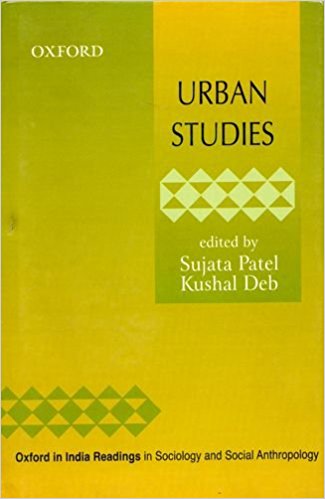Urban Studies, part of a series of books on readings in sociology and social anthropology, is a diverse compendium of articles that shed light on the structures of city life in India, on urban cultures and experiences of the city, on politics and economics signalled by the term urban, on inequalities and hierarchies situated in urban spaces, but also produced by them. The chief value of the text lies in making available in one volume scholarly work that is dispersed across various disciplinary arenas. In this sense it does not attempt to break new ground but is a statement of achieved work in ‘urban studies’. It will be of inestimable help to students and teachers. My problem lies not with individual articles, nor with the selection of the editors, but with the classificatory scheme under which the volume is organized. The text is divided into four broad areas: the contemporary urban process; the Indian metropolis; urban space, politics and collective action; and urban culture. Each of these areas is explored through five articles that make arguments from specific disciplinary points of view.
In this way the intention is to signal that read together each of these areas can be understood through an interdisciplinary lens, but nowhere is the groundwork for such a perspective (except in a general way in the introduction) made, either as method or as substantial fact.

